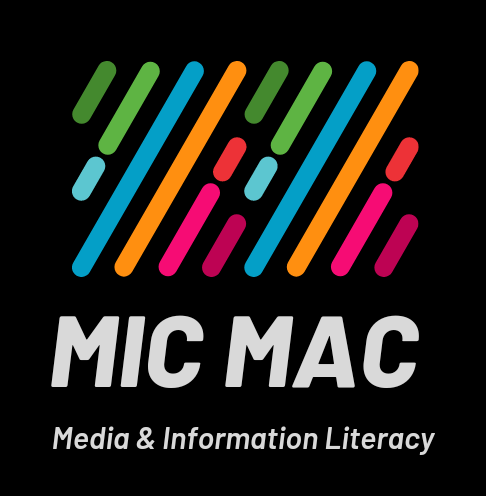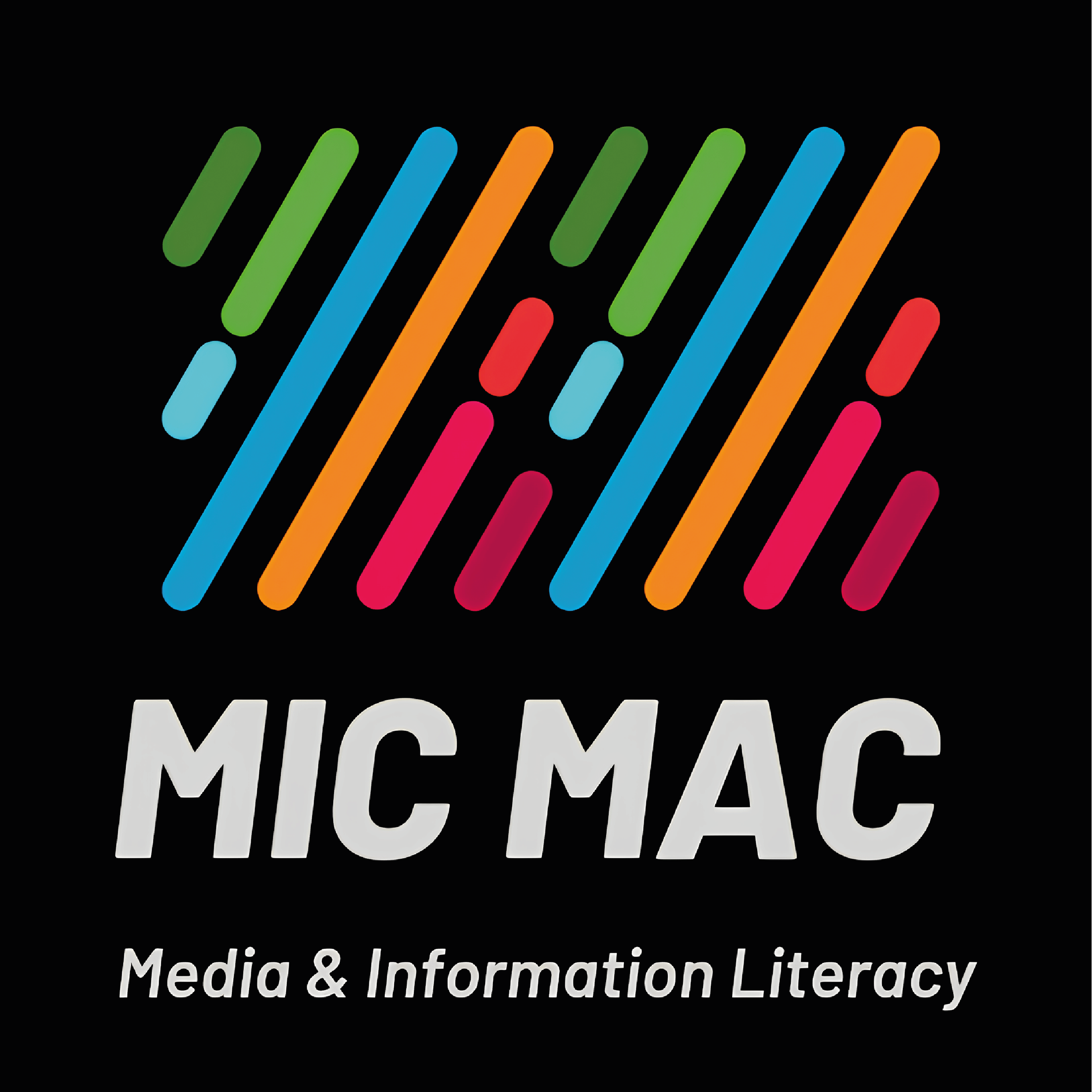Home / Projects

Acronym: MIC-MAC
MIC-MAC is an 18th month project that enhances the media and information literacy skills of educators who work with vulnerable learners. It combines ‘micro-learning’ with interactive gaming to help educators apply these skills to the challenges of real-life teaching situations and the ‘lived experience’ of their learners. This will in turn improve the digital literacy of learners themselves.
Duration: 01/10/2022 to 31/03/2024
Funder: European Media Information Fund (EMIF)
Value: €396,334


MIC-MAC combines two overarching methodologies: design thinking’, focusing on the user perspective and involving users as co-producers of learning content and ‘theory of change’, focusing on identifying the ‘mechanisms’ that are expected to lead to successful outcomes. Within this overall framework, the project uses ‘situational knowledge-based’ learning and a combination of micro-learning, blogging and an interactive game.
Activity 2.1: Revisit State Of Art And Lifeworld Analysis – firstly collects good practice cases on media and information literacy skills so we can better understand ‘what works’. This is supplemented with ‘lifeworld analysis’ which aims to capture how disinformation is experienced in daily life by our group of vulnerable learners, and how educators experience challenges in their practice.
The results of the research feed into Activity 2.2 – which develops the Competence Framework and Pedagogic Approach needed to design and deliver an effective and useful training programme so educators can acquire the skills they need to improve their teaching practice. .
This is followed by Activity 2.3 – Training Programme Development. The programme will consist of three units: Unit 1: Collaborative Intelligence. – focusing on the inter-personal, intra-personal and affective competences educators need to work with vulnerable learners. Unit 2: Core Media and Information Literacy competences – the M&IL building blocks educators need to work with. Unit 3: Inclusion-Specific Digital Competences – the skills needed to design and implement teaching programmes to support vulnerable learners to improve their M&IL competences.
Activity 2.4: Training Programme Implementation. The programme will be delivered as a blended course, the bulk of it delivered online with optional face to face intensive workshops mirrored by a webinar programme delivered by partners. These workshops aim to ground the conceptual content of the programme in practice-based exercises and assignments that simulate the classroom challenges educators will face. Programme participants will be supported technically and pastorally by partner teams.
Activity 2.5 Training Programme Evaluation. This will run alongside the programme delivery, collecting data on an ongoing basis and focusing on the user experience. A summative evaluation will be implemented at course end. This will collect and analyses data from a range of sources – a participant survey; pre-test/post-test M&IL competence levels; e-portfolio; structured interviews.
Work package 2 is supported by two ‘horizontal’ work packages. WP1 – Project Management – ensures the effective management, monitoring and quality control of the project. WP3 – Follow up and dissemination – integrates the evaluation data from WP2 activities, co-ordinates the overall project level evaluation, ensures effective communication and dissemination actions are carried out, and valorises the learning from the project to produce the Transferability Toolkit and sustainability plan.
The growing population in Europe is vulnerable to disinformation due to lack of media and information skills needed to combat it. Meanwhile, the level of educators’ competences in key M&IL areas – i.g. responsible use – is generally low. MIC-MAC aims to change this through an innovative ‘cascade’ training programme for educators working with vulnerable learners. It replaces traditional methods of competence assessment with an objective ‘knowledge-based’ approach. It helps educators to apply competences in real teaching practice that reflects the ‘lived experience’ of vulnerable learners. It uses ‘design thinking’ to develop the programme, involving participants as co-designers and producers. It combines micro-learning, podcasting and game-based learning to simulate the challenges educators will face. This will improve educators’ media and information literacy skills, subsequently improve those of their learners, and contribute to a more resilient fact-based information ecosystem.
Partners: MIC-MAC is coordinated by AGID, Portugal. Partners: Smart Bananas, Italy; Universidad de Salamanca, Spain; Hogskolen | Skovde, Sweden; Spherical Pixel Spain
Funding:EMIF (European Media an Inormation Fund) /Calouste Gulbenkian Gulbenkian


AGID or Godinhela Association – Research and Social Development